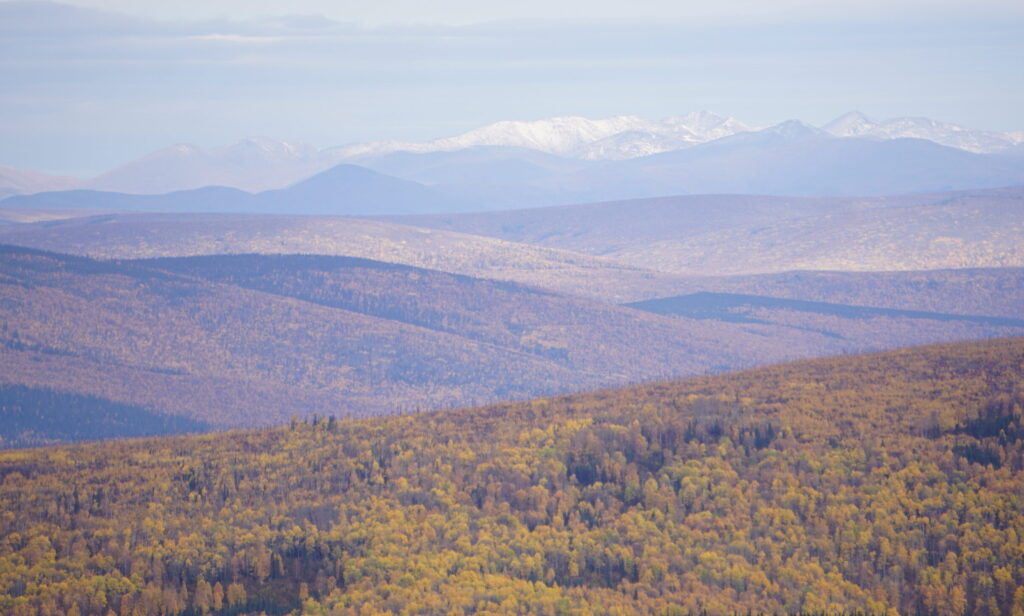
The Alaska House of Representatives on Tuesday passed a bill that would allow the state to set up a system for using state land to sell carbon-offset credits. The House action amounted to final passage of the bill, which was approved the previous day by the state Senate.
The measure, Senate Bill 48, authorizes the Alaska Department of Natural Resources to lease out state land for up to 55 years for the purpose of preserving its powers to absorb atmospheric carbon.
The bill has been a high priority for Gov. Mike Dunleavy. The Republican governor responded immediately after the House vote with a brief message on Twitter: “Thank you to the House for passing SB 48! We are changing the conversation for Alaska concerning new revenue.”
A follow-up news release by the governor’s office said that once the bill is signed into law, the Alaska Department of Natural Resources will begin to develop regulations for the program, and that there will be a “robust public input process” as those rules are created.

“Today marks an exciting new chapter for natural resources in Alaska with the passage of Governor Mike Dunleavy’s carbon offset bill,” John Boyle, commissioner of the Department of Natural Resources, said in the governor’s release. He credited work by his department and by the Alaska Oil and Gas Conservation Commission.
“I’m grateful our DNR experts and AOGCC partners were able to work with the legislature to deliver a bill giving Alaska a new revenue stream that complements our current resource development industries and Alaskans’ use of State land,” Boyle said. “I’m particularly excited about the opportunities to more actively manage and invest in our forests.”
Most of the comments made on the House floor leading up to the vote touted the bill’s potential for generating state revenue from national and global demand for carbon offsets, which are seen as tools to combat climate change. Because of its focus on the state’s forested land, the measure has been dubbed the “tree” bill.
But at least one legislator, Rep. Andy Josephson, D-Anchorage, described it as good for the Alaska environment, aside from its resource-development qualities.

“In fact, it’s supposed to, it must, it’s compelled to have no net loss on biomass. We heard that testimony. So this is, in that respect, a conservation bill from an Alaskan lens,” he said during a Tuesday afternoon House Finance Committee hearing that preceded the floor vote.
Unlike the Senate vote on Monday, Tuesday’s House vote was not unanimous. There were two votes against the bill – from Rep. David Eastman, R-Wasilla, who called it “climate communism,” and Rep. Sarah Vance, R-Homer.
A separate but related bill introduced by Dunleavy would establish a system for using old oil and gas wells to sequester carbon gases produced through petroleum operations and other industrial activities. That proposal, in Senate Bill 49 and House Bill 50 and nicknamed the “hole” bill, did not move as quickly as the carbon-offsets bill. However, one element of the “hole” bill was transferred to Senate Bill 48: a provision authorizing AOGCC to gain primary enforcement authority over the injection wells that would be used to store the carbon. Currently, the federal Environmental Protection Agency has enforcement authority over those wells in Alaska.
Alaska Beacon is part of States Newsroom, a network of news bureaus supported by grants and a coalition of donors as a 501c(3) public charity. Alaska Beacon maintains editorial independence. Contact Editor Andrew Kitchenman for questions: info@alaskabeacon.com. Follow Alaska Beacon on Facebook and Twitter.




